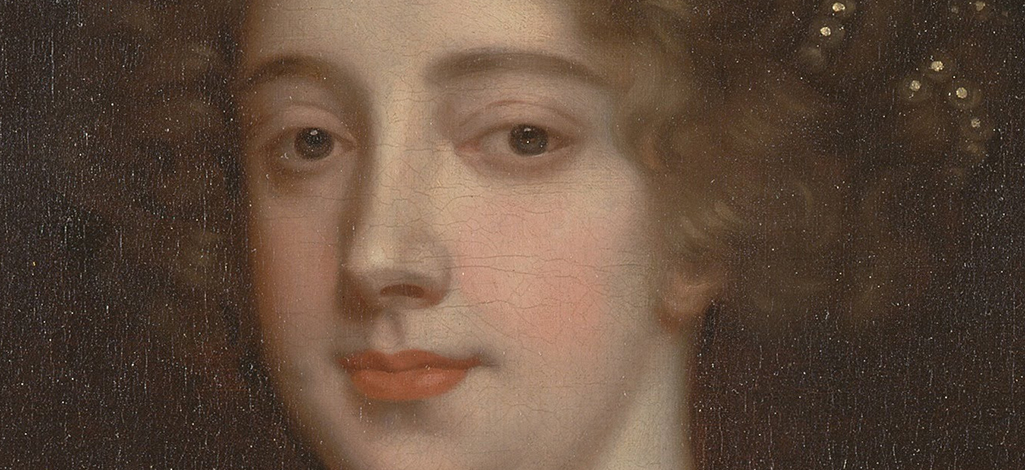Editing Aphra Behn in the Digital Age is making the range and variety of Behn’s works more widely available. The editorial team will produce an eight-volume, original-spelling, carefully annotated edition of Behn’s writings with Cambridge University Press, as well as reader-selected original- and modern-spelling anthologies.
Through systematically integrating digital and established methods, E-ABIDA will produce and disseminate a new, comprehensive edition of Aphra Behn (1640-89), one of the most important English Restoration writers, and one of the most significant women writers in any age or nation. Celebrated by Virginia Woolf as the first Englishwoman to earn her living by her pen, Behn was a leading dramatist, a pioneering author of prose fiction, a skilled poet, an influential literary editor, and a successful translator of poetry, fiction, and philosophical and scientific prose. Her diverse writings address such matters as the challenges facing women writers; colonialism and slavery; the cultural legacy of the classical world; scientific innovation; politics; and sexuality (on which she wrote with a frankness unmatched by any woman of her time). She sustained a 20-year career in the competitive London theatre, worked with leading writers such as Rochester and Dryden, and was published by eminent booksellers including Tonson. Few other writers of any period match these remarkable achievements across multiple genres, or were as well connected in the cultural institutions of their time. Her importance is recognised both by The National Archives (TNA) and The National Theatre (NT), who will work with E-ABIDA to mount a public exhibition about her work as a spy, and to stage one of her plays.
E-ABIDA will integrate digital and standard editorial methods so as to facilitate the swift production of a new Behn Complete Writings for publication by CUP. This will be both print and electronic (with the latter available in both old- and modern-spelling). Generously annotated, it will be accessible to both specialist and general readers; print-on-demand, modern-spelling selections will be available, enhancing its attractions to teachers and theatre companies. The edition will be based on a complete re-evaluation of Behn’s literary canon, which includes several texts of contested attribution. The existing standard edition (ed. Todd, 1992-6) was produced with limited means and predates modern digital resources; pioneering in its day, it is lightly annotated, and inadequate to 21st-century needs.
A key dimension of the project is its integration of standard and digital methods, facilitated through a digital workspace. In Phase 1, the software on this platform will facilitate collaboration between contributing editors (CEs) by alerting them when other editors are working on cognate problems. It will also enable the General Editors (GEs) to oversee progress on the various works. In Phase 2, a public-facing website will be added, including: a searchable dataset of Behn’s works; materials showing how scholarly editions are made; virtual representations of Behn’s connections with theatres, printshops, coffee-houses, and other institutions. Study Packs for schools and workbench tools will be made available as a resource for other editorial projects.
To produce a global Behn edition for the 21st century requires a collaborative team of international, interdisciplinary scholars. E-ABIDA brings together exactly that, with CEs from Britain, France, Austria, North America and Australia. The PI, Co-Is, and RA1, based at two universities, have complementary research interests in literature and language, theatre and book history, and digital humanities. They span the career stages from PDRA to professor, and have worked together since 2013 to build partnerships with TNA and NT and to plan the edition’s methods. Behn’s works not only span a wide range of genres and subjects but also – given their engagement with New World exploration and exploitation, the relationship of literature with science, cultural difference and dialogue, and translation – have a strong worldwide appeal and present-day resonance. E-ABIDA will ensure this global recognition.
Website
Duration: 2016 – 2020
Project Team
- Professor Elaine Hobby (Principal Investigator – Loughborough University)
- Dr Melanie Evans (Co-Investigator – University of Birmingham)
- George-Andrei Ionita (Developer – The Digital Humanities Institute)
